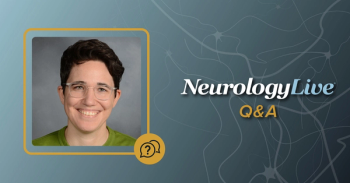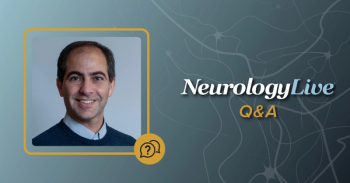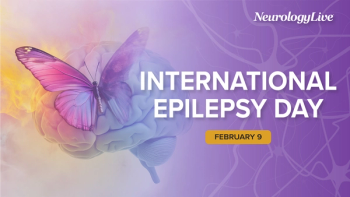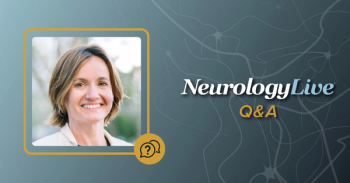
FDA Issues Final Policy Framework for RMAT Designated Therapies
The framework consists of 2 documents that expand on the agency’s plans for its risk-based approach for describing drugs, devices, and biologics, including those designated as regenerative medicine advanced therapies.
Scott Gottlieb, MD
The FDA has issued a comprehensive policy framework for the expansion and supervision of regenerative medicine products and novel cellular therapies, building upon its existing risk-based regulatory approach to describing drugs, devices, and biologics.1
The framework consists of 2 documents that were originally presented in November 2017 as drafts. The first, Evaluation of Devices Used with Regenerative Medicine Advanced Therapies,2 is a clarification of how the agency will go about evaluating devices in the recovery, isolation, or delivery of regenerative medicine advanced therapies (RMATs), and the second, Expedited Programs for Regenerative Medicine Therapies for Serious Conditions,3 details the programs for expediting regenerative medicines for serious conditions, including RMATs.
“We’re at the beginning of a paradigm change in medicine with the promise of being able to facilitate regeneration of parts of the human body, where cells and tissues can be engineered to grow healthy, functional organs to replace diseased ones; new genes can be introduced into the body to combat disease; and adult stem cells can generate replacements for cells that are lost to injury or disease,” FDA Commissioner Scott Gottlieb, MD, said in November 2017, when the drafts were released.. “This is no longer the stuff of science fiction. This is the practical promise of modern applications of regenerative medicine.”
The agency’s commissioner called the field of regenerative medicine both dynamic and complex, calling for the FDA to provide a clear path to help address the unique challenges that developing these therapies present to researchers and health care providers, as the medicines—despite holding vast promise—can be dangerous and harmful to people.
“With the policy framework the FDA is announcing today, we’re adopting a risk-based and science-based approach that builds upon existing regulations to support innovative product development while clarifying the FDA’s authorities and enforcement priorities,” he said at the time. “This will protect patients from products that pose potential significant risks, while accelerating access to safe and effective new therapies.”
The first document includes information about the FDA’s present thoughts about “a wide range of concepts related to the regulation of devices, as they apply to devices used in the recovery, isolation, and delivery of RMATs.” The guidance specifically details the FDA’s plans to simplify and streamline the application of its governing prerequisites for combination device and cell products and which attributes or intentions would result in the classification of said device as a Class III device. Additionally, it goes into depth about what could influence the decision to designate a device for use with a specific RMAT, class of RMATs, or one particular type of cell.2
The second document the guidance communicates the provisions in the 21st Century Cures Act “regarding the use of the accelerated approval pathway for regenerative medicine therapies that have been granted designation as an RMAT.” As well, it expands on the reasoning for decisions the agency makes regarding the clinical development of regenerative medicine therapies, and when opportunities for sponsors of these products to interact with Center for Biologics Evaluation and Research review staff will arise.3
REFERENCES
1. FDA announces comprehensive regenerative medicine policy framework [press release]. Silver Spring, MD: FDA; Published November 16, 2017. fda.gov/NewsEvents/Newsroom/PressAnnouncements/ucm585345.htm. Accessed February 15, 2019.
2. FDA. Evaluation of Devices Used with Regenerative Medicine Advanced Therapies. FDA website.
Published
February 15, 2019. fda.gov/downloads/BiologicsBloodVaccines/GuidanceComplianceRegulatoryInformation/Guidances/CellularandGeneTherapy/UCM585417.pdf. Accessed February 15, 2019.
3. FDA. Expedited Programs for Regenerative Medicine Therapies for Serious Conditions. FDA website.
Published
February 15, 2019. fda.gov/downloads/BiologicsBloodVaccines/GuidanceComplianceRegulatoryInformation/Guidances/CellularandGeneTherapy/UCM585414.pdf. Accessed February 15, 2019.
Newsletter
Keep your finger on the pulse of neurology—subscribe to NeurologyLive for expert interviews, new data, and breakthrough treatment updates.










